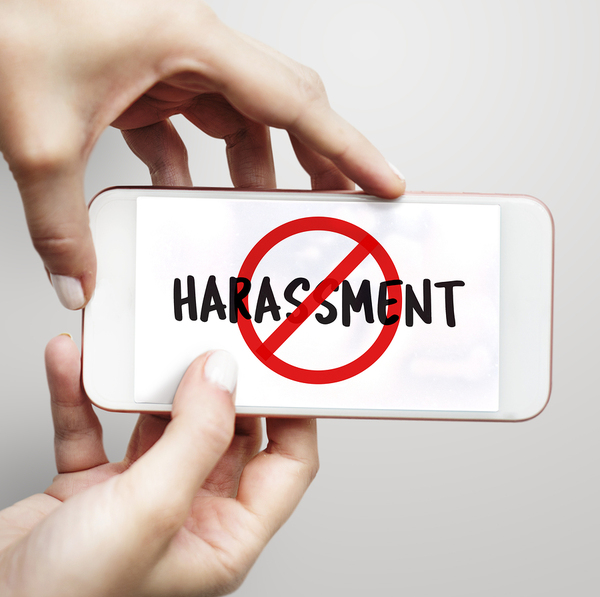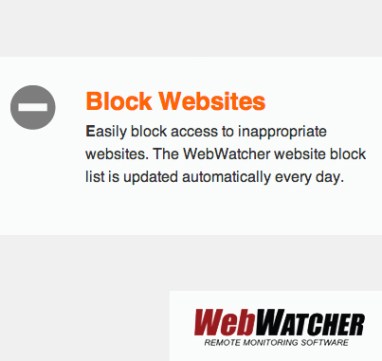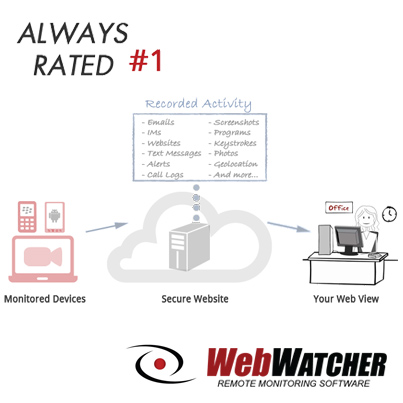No parent wants to see their child harassed or bullied. Bullying at school has been an issue for years, but today’s teens face new challenges as the current technology allows bullies to follow their victims even into the places that should be safest – their own homes. As a parent, how do you handle this kind of attack on your child? Here are some of the steps you should take when you find out bullies are harassing your child online.
Take it Seriously

If your concept of bullying involves physical violence, it may be hard for you to grasp just how upsetting cyberbullying can be. It can be tempting to tell your teen to develop a thick skin and try not to let words bother them. But words can hurt, and cyberbullying is often more than just words – it can involve spreading rumors, sharing unflattering photos and videos, and otherwise publicly humiliating the victim.
Don’t brush off your child’s concerns – take them seriously and offer your support. Your teen needs to know that you’re in their corner.
Teach Online Safety

If you haven’t already, it’s important to teach your child how to protect themselves from online harassment. If the bully is messaging your child directly through text or on social media, find out how to block and report them, and go over this information with your teen.
You should also make sure that your teen knows how to protect their private information – for example, how to make sure their address isn’t publicly viewable on social media or how to make sure only people your child wants to share photos with can see them.
Contact the School
The odds are good that your child’s school has a policy on how to address cyberbullying. In fact, in many states, schools are required to have a policy that deals with online harassment. The harassment doesn’t have to take place on school grounds or using school devices to get school officials involved, either – schools recognize that cyberbullying affects the school experience even when it doesn’t occur at school. If the bully is another student, you can involve the school.
There are several ways the school can help. School officials can discipline the bully or involve the bully’s parents. The school guidance counselor can help your child work through their feelings. Teachers and other school staff can be alerted so that they can look for signs that the bullying is ongoing or signs that your child is having trouble dealing with the fallout. Your teen spends a significant amount of time at school, so involving the adults there can be an important step in protecting your teen.
Know Your Laws
Depending on your location and the nature of the harassment, there may be criminal laws that cover the bullying behavior. It’s important to look up the regulations in your area so that you know if there are applicable laws.
Whether to press charges is between you and your teen, but you should know whether the option is available. What’s more, you may want to make a police report for documentation purposes – even if one incident doesn’t rise to the level of criminal conduct, a repeated behavior pattern might, and having police reports to back up that pattern may come in handy.
Teens are often reluctant to talk about online harassment, but you have to know what’s going on in order to protect them. Parental monitoring software can help ensure that you’re informed. To find out how it works, get our free trial.





